Corporate Advisory and Supply Chain Services
The Rainforest Alliance offers custom services to support your company's sustainability goals. These services include policy development, training, risk assessment, and strategic communications
Home » Business » Tailored Supply Chain Services
The Rainforest Alliance's Tailored Supply Chain Services team supports companies’ responsible sourcing commitments both beyond and in line with certification. Learn about how we can guide your sustainability journey.
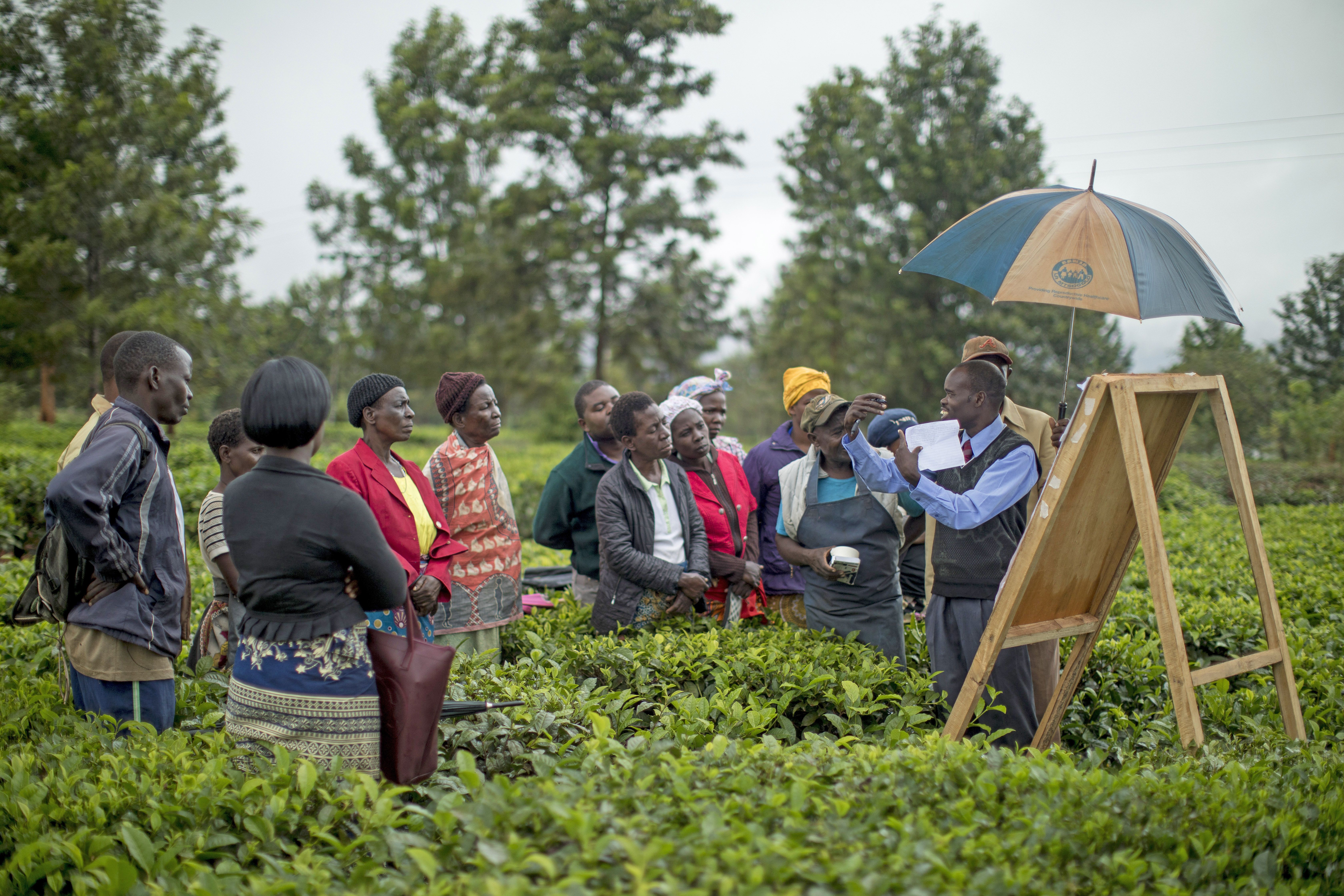
Certification is a powerful tool to address urgent threats to people and nature, but it’s not always the whole solution. As experts in tropical forests and agriculture, the Rainforest Alliance offers a wide range of tools and resources to support your goals. Contact us for a free consultation.
Strategies that identify risks and opportunities in your supply chain.
Guidance, data collection, and analysis for on-the-ground activity.
Collaborative on the ground interventions that deliver impact and catalyze change.
Leverage multiple services to amplify your impact.
Policy and risk expertise to support responsible sourcing.
Bring transparency to your supply chain through cutting edge technology and expertise in palm oil and palm derivatives
Creative tools and strategies to advance innovations across sectors.

Our partnership has played a key role in helping us define and move towards deforestation-free sourcing.Paula Kasprzyk, EHSS Operational Sustainability, GSK
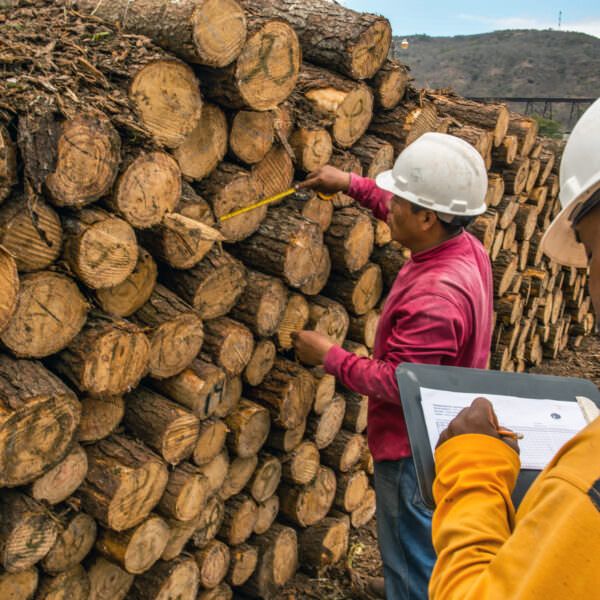
The Rainforest Alliance offers custom services to support your company's sustainability goals. These services include policy development, training, risk assessment, and strategic communications
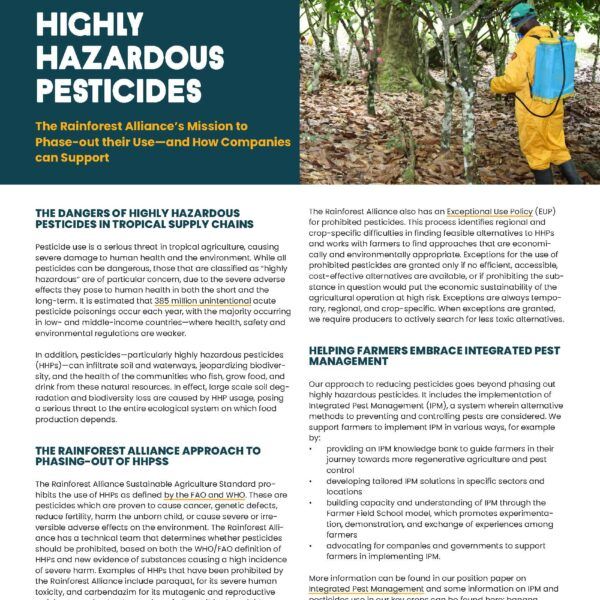
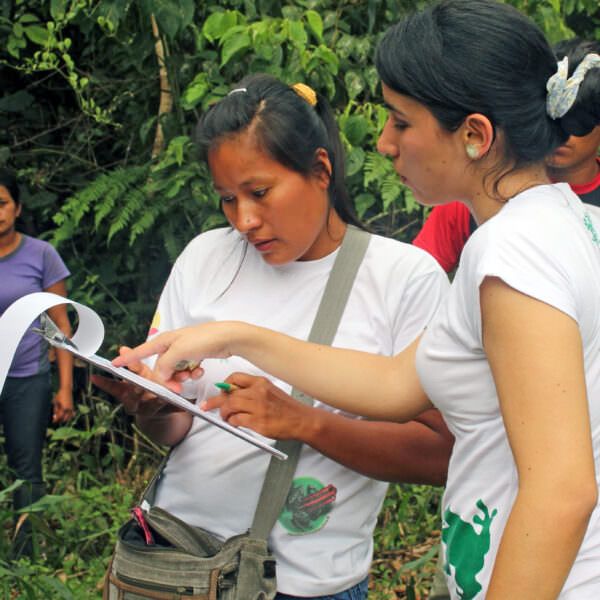
Our supply chain monitoring and evaluation team helps you figure out what’s working, what’s not, and how to improve.
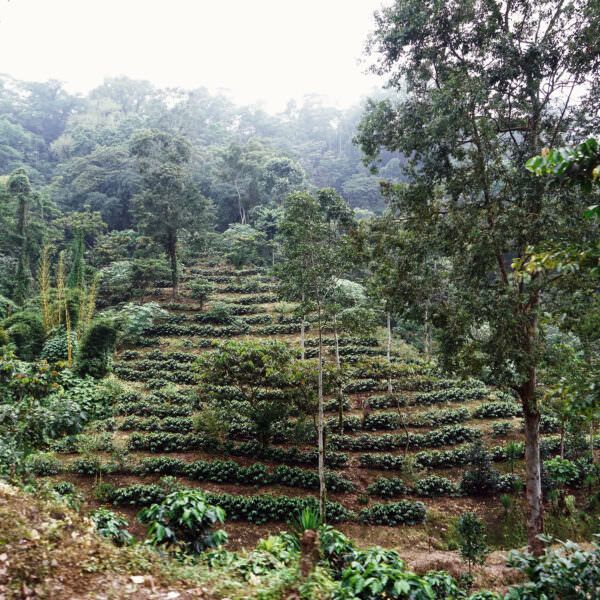
The Rainforest Alliance’s sustainable landscapes program offers innovative ways for companies to meet their commitments while also having a long-lasting positive impact on farm and forest communities.

Our approach to reducing pesticides goes beyond phasing outhighly hazardous pesticides. It includes the implementation ofIntegrated Pest Management (IPM), a system wherein alternative methods to preventing and controlling pests are considered. View more
Available in: English
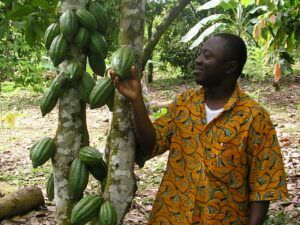
At the Rainforest Alliance, we believe in a shared responsibility approach that encourages companies to do their part in ensuring a living income for farmers. This is the basis of our initiatives, the Living Income Module and the Living Income Fund.

The Rainforest Alliance and partners have worked in coffee for nearly four decades. While there are still challenges in the sector, we’ve also seen great improvements. In Honduras, producers range... View more
Available in: English

The Rainforest Alliance and partners have worked in coffee for nearly four decades. While there are still challenges in the sector, we’ve also seen great improvements. In Colombia, the vast majority... View more
Available in: English
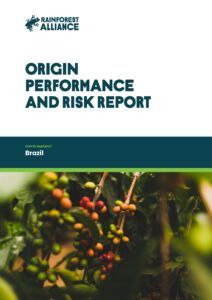
The Rainforest Alliance and partners have worked in coffee for nearly four decades. While there are still challenges in the sector, we’ve also seen great improvements. In Brazil, many farms are large... View more
Available in: English
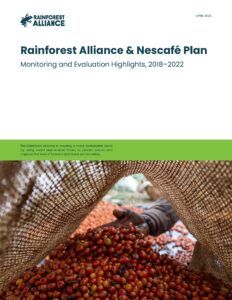
There’s a lot going on behind the scenes that you don’t see when you enjoy your cup of Nescafé.
The Rainforest Alliance has supported Nescafé’s work with coffee farmers around the world for many... View more
Available in: English